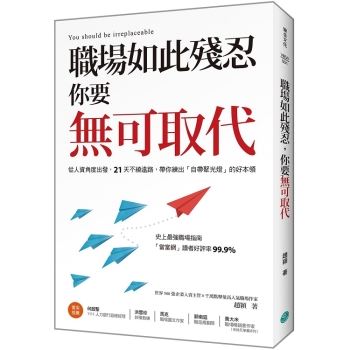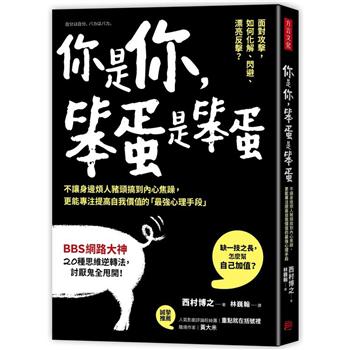Since reading maintains information acquisition, it is considered an essential skill. Reaching the ultimate goal of reading-reading comprehension-is not always assured, though, as was the case for a large number of master students of English at Biskra University. They possessed insufficient reading skills that may allow them to address the text’s reading comprehension questions improperly and/or superficially. Therefore, the current study sought to determine the impact of employing the concept mapping strategy on the reading comprehension of the study’s sample, which consisted of 26 students. The study adopted a mixed-methods approach, involving quasi-experimentation and a case study design. In this regard, pre- and post-treatment questionnaires, tests (pretest and posttest), and teacher interview were used to collect data. Research findings revealed that the participants had a variety of reading comprehension obstacles that might be caused by a variety of factors. Besides, the practicality of the concept mapping strategy was statistically reflected in the posttest scores, which were noticeably higher than the pre-test scores.
| FindBook |
|
有 1 項符合
Henouda的圖書 |
 |
$ 6240 | Unveiling the Impact of Concept Mapping on Reading Comprehension
作者:Henouda 出版社:LAP Lambert Academic Publishing 出版日期:2025-04-30 語言:英文 規格:平裝 / 284頁 / 22.86 x 15.24 x 1.63 cm / 普通級/ 初版  看圖書介紹 看圖書介紹
|
|
|
圖書介紹 - 資料來源:博客來 評分:
圖書名稱:Unveiling the Impact of Concept Mapping on Reading Comprehension
|











